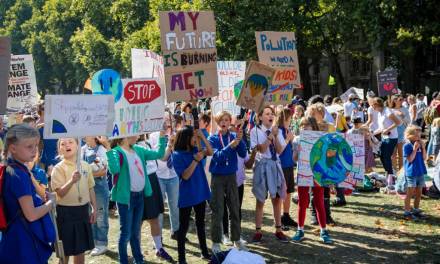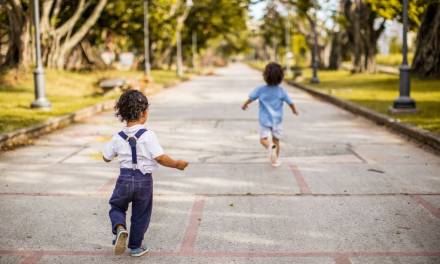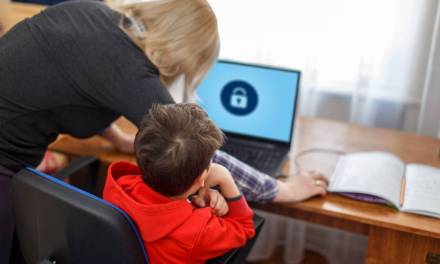Many of you will have seen pupils participate in climate crisis strike activities last Friday, deciding to get their education that day from a source other than the classroom.
Dropping into the Sheffield rally, I remarked to myself what a live educational experience this was.
As well as the environmental focus, there were young people learning about their democracy – at the heart of the British Values we teach in our schools. Thriving on the exhilarating environment, there was an air of confidence amongst the thousands of young people all establishing or cementing their own values and principles.
I wondered how this would help their self-esteem, identity and feeling of self-worth as they walked proudly through the streets of Sheffield. A feeling of taking a measure of control over their future was evident and I also pondered how we might see this manifest itself in our political and democratic systems and our established party politics in the coming years.
I recognise that many headteachers may not be as understanding with their pupils leaving the supervision of their school to walk the streets of Sheffield, but I can re-assure them that this was truly an enormous educational experience for their pupils- and some heads will no doubt be quietly proud of their pupils who attended.
Climate Crisis
I then watched Greta Thunberg address the UN’s Climate Action Summit. Here was a powerful and emotive speech achieving an uncomfortable shuffling of feet amongst the leaders responsible for implementing our response to climate change.
What does the future hold for her? She is clearly a messenger and leader with enormous potential – but I couldn’t help thinking how isolated she looked and my adult concerns began to focus on her vulnerabilities as a young person and thereafter our own pupils and children most likely to have to contend with environmental catastrophe.
Having a 16-year-old eco-conscious son myself and observing his exasperation with plastic use and carbon release we as parents work at managing his emotional turmoil as he fights to reconcile all he sees around him with the impact he knows it has on our world environment.
Support environmental science
The events of the weekend underlined our responsibility to nurture and support our young people at this time when, for many, their world is becoming a crisis zone.
As adults, we are increasingly aware of the message that we have not inherited the Earth from our ancestors, we’ve just borrowed it from our children. As educators, we will need to expand our curriculum to continue to teach the science and the social sciences behind environmental change and its management.
We know our role in supporting the development of personal skills associated with the formation of values, beliefs and principles in children and my observations of the weekend showed how important it is for us to ensure that our young people have the support, emotional intelligence and resilience to be able to enter their new world fully equipped for the challenges the unfolding climate crisis is creating.
Paul is a former headteacher of primary and secondary pupil referral units for children with social, emotional and mental health needs. A former youth worker, Paul is also a qualified counsellor and spent many years delivering and managing counselling, well-being and pastoral services for young people in education. Paul is an EDLounge Associate Consultant and provides advice on curriculum development, teaching and learning and measures to support young people facing the personal challenge of managing mainstream education.










